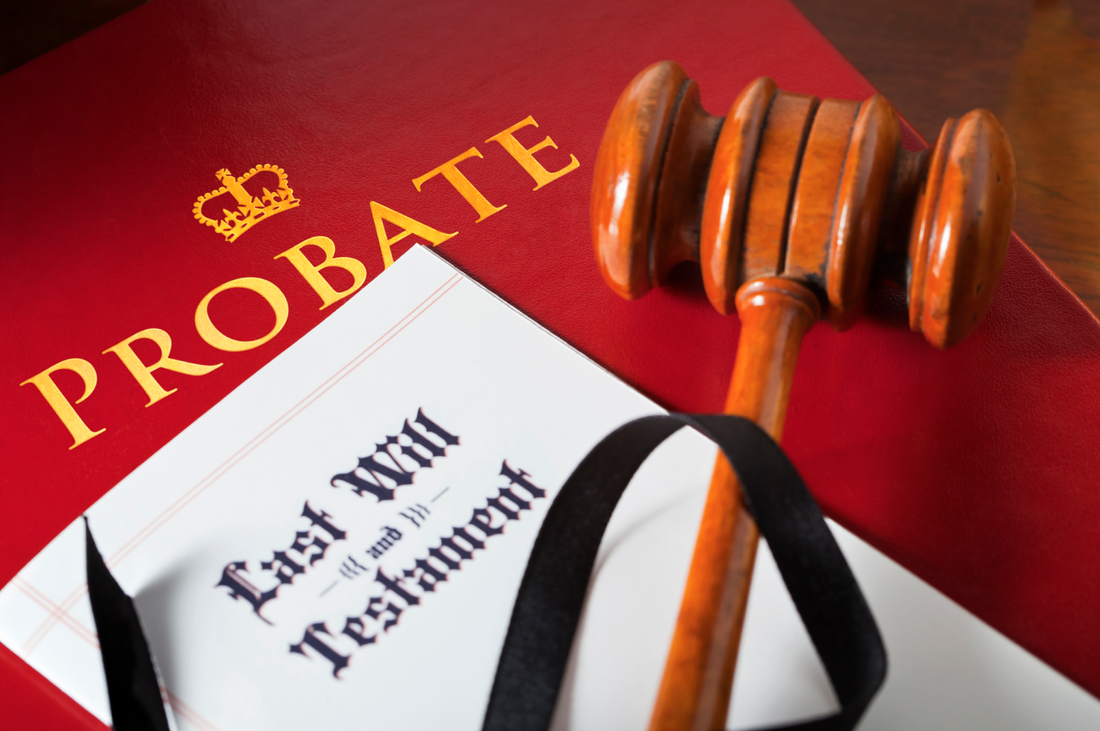|
Did you know that having a will means probate, and potentially probate court? Without an estate plan, your estate cannot be settled without the delays and court fee costs - plus, your assets will be a matter of public record. With an estate plan, you can avoid the probate process entirely. Not only does this save your family legal costs and attorney fees, it makes the process much easier for your spouse and family.
5 Comments
Do you own a business? Without an estate plan, your family could lose control of the business. With an estate plan, you choose who will own and control the business after you die. Plus, you can avoid having the business and its assets frozen after you die.
Do you have a 401(k), IRA, or similar retirement account? Without an estate plan, your designated beneficiary may not reflect your current wishes, and may result in burdensome tax consequences for your heirs. With an estate plan, you can choose your preferred beneficiary, and control access to large accounts - plus, you determine who gets what is left.
Would you prefer that your assets stay in your own family? Sure - who wants to give their hard earned money and the assets they have accumulated over their lifetime to any person outside of their family? Without an estate plan, your child's spouse may end up with your money. If your child divorces, half of your assets could potentially go to that in-law spouse. With an estate plan, you can set up a trust that ensures that your assets will stay in your family, and pass down to your grandchildren.
If you die, will your spouse and children be able to survive financially? Without an estate plan, if you go into a nursing facility before you die, your family will be unable to maintain its current living standard. With an estate plan, you can protect your assets and give your family financial security.
Were you aware that an inheritance can cost your child their disability benefits? Without an estate plan, a child with special needs may be disqualified from receiving benefits, forcing the use of his or her inheritance to pay for care. With an estate plan in place, you can set up a Special Needs Trust that will allow the child to remain eligible for government benefits while using the trust assets to provide more support for your child.
When a married couple has a baby, North Carolina law states that both parents are automatically the legal parents of the child. This gives both mother and father all the rights and responsibilities of parenthood. This is not, however, the case with unmarried couples. When an unmarried couple has a child, the relationship between the father and the child is not immediately recognized. If an individual is in this type of situation and desires to have the obligations and benefits of having that parent-child relationship, one must establish paternity.
How to Establish Paternity There are four basic routes to establishing paternity in the State of North Carolina. The first and most common way of establishing paternity is already being married prior to the time of the child’s birth. The second route to establishing paternity is also in regards to marriage. If the father and mother marry after the child is born, their child is legitimated retroactively, meaning going all the way back to birth. The two other routes used to establish paternity that do not involve marriage are the following: Sign an Affidavit of Parentage Signing the affidavit is a totally voluntary process. An affidavit of parentage is a legally binding document that is very difficult to overturn. Many unmarried couples prefer to sign the affidavit at the hospital or birthing center. Because an affidavit is a sworn statement, the mother and father must sign it in the presence of official witnesses. By signing an affidavit, the mother and father are agreeing that the father is the biological and legal father of the child. This affidavit also establishes the father’s obligation to pay child support and the child’s right to inherit from the father. An affidavit of parentage provides the father with standing to seek a custody order from the court. Lastly, both parents must agree in the affidavit if the father’s name should be added to the birth certificate. Judicial Process A paternity action can be presented in court by either of the parents, or by a lawyer for Child Support Services (CSS). The parties can settle the case on their own time or they can go to trial. If they choose to proceed into trial, the judge will decide whether the supposed father is the child’s legal and biological father. Either of the parties or the judge may request genetic testing, upon which everyone involved must submit to testing. If the results show a 97% probability of paternity or more, the court will establish paternity. Lastly, the judge will issue a final paternity order and make decisions regarding custody, visitation, and residency. 5 Benefits of Establishing Paternity o The parents can work together to make decisions that are in the best interest of the child. o Signing the affidavit secures the father’s right to go to court to ask for custody and visitation. o The child’s birth certificate will include the mother’s and father’s name. o The child is guaranteed the ability to access medical records from both sides of the family. o A child with a legal father has access to benefits, through the father, such as, social security, medical insurance, and other state, federal, and inheritance benefits. What if your family is a blended family due to prior marriages? Without an estate plan, children from prior marriages may be accidentally disinherited. With an estate plan, you can support your current spouse and provide for your children from a prior marriage at the same time.
Traffic ticket? We represent clients for traffic matters in Mecklenburg County and the surrounding counties. If you need representation for a speeding ticket, DWI, or other traffic related matter, contact Adkins Law. |
Archives
January 2022
|
Lake Norman Location
9620 Sherrill Estates Road
Huntersville, North Carolina 28078
(704) 274-5677 main
(704) 231-5762 text
(877) 208-7577 fax
9620 Sherrill Estates Road
Huntersville, North Carolina 28078
(704) 274-5677 main
(704) 231-5762 text
(877) 208-7577 fax








